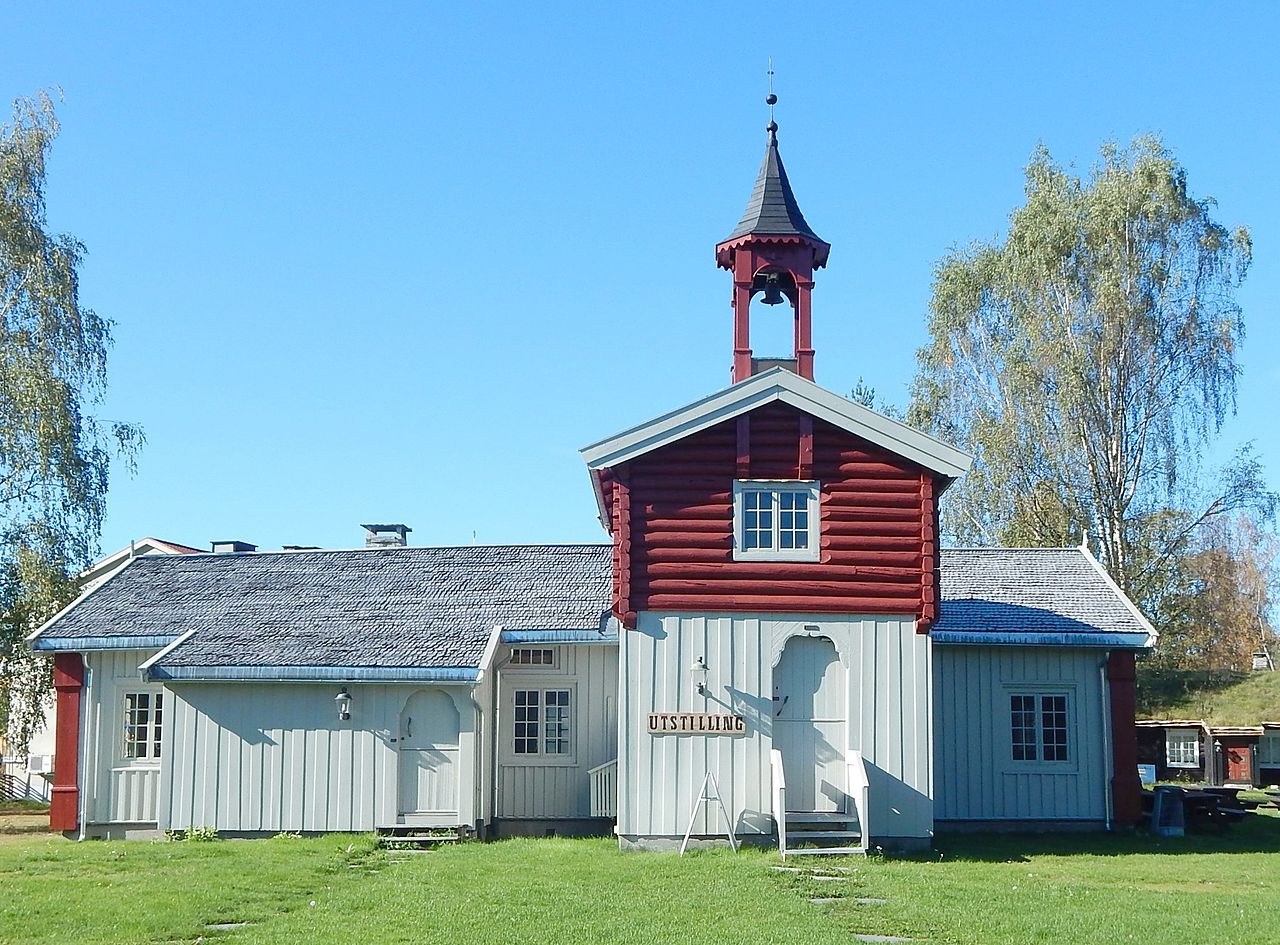Galicia, Spain
Is Spain about to be pulled apart by its regional identities?
Recent events in the country appear to suggest that this could be the case.
The latest of these was close-run regional elections February 18 in the northwestern province of Galicia.
The Galician National Block (BNG) now commands a third of the 75-member regional assembly.
Picking up seats, it handily consolidated its place as Galicia’s second party, as the centre-right People’s Party clung onto a narrow majority.
The second was the controversial amnesty deal between PM Pedro Sánchez and the Catalonian nationalist (or ‘separatist’) parties–a deal which has deeply divided Spain.
In return for supporting Sánchez’s centre-left government, leaders of Catalonia’s 2017 independence attempt are to receive amnesty over charges of sedition and rebellion.
Even the choice of whether to describe the Catalonian or Basque parties as “separatist” or “nationalist” is itself controversial.
Both events put the question of Spain’s regional identities at the front and centre of its national debate.
For many Spaniards, the Spanish nation is defined by the unity of its diverse regions–after all, Spain was created by the union of the crowns of Castille and Aragón in the 15th century.
However, many in the more traditionally separatist regions–namely Catalonia and the Basque country–aspire to have independent and sovereign nations. They speak have their own languages, and have separate flags, symbols, and customs. They regard themselves as nations in an unwanted and forced union with Madrid.
Galicia does not usually feature among these two, even though the region hosts its own language, Galician or ‘Galego’, and is known for its uniquely Celtic culture.
Many important Spanish figures hail from the province, including the current leader of the vocally pro-Spain PP, Alberto Núñez Feijóo, and the leader of the left-wing Sumar party, Yolanda Díaz.
Speaking to Regional Signal, Catalan blogger and musician Edu Collin Hernández said “until very recently Galicia was very remote… they already felt independent in the day to day.”
“Galicia has a Tibetan isolationist component to it.”
A still more interesting story has been the BNG’s process of moderation.
The “BNG was one of the last properly Marxist-Leninist parties in Europe,” Collin Hernández noted, adding that they “have matured a lot.”
The party has shifted from hard-line independence rhetoric to a fusion of more pragmatic bread-and-butter policies interspersed with calls for greater regional autonomy.
This has been noted–by Nasiru Eneji Abdulrasheed writing for BNN and Stephen Burgen for The Guardian–as one of the driving factors in the BNG’s latest success.
This shift can be observed as well in parties in regions such as Catalonia. One pollster told Politico debates such as immigration are taking centre stage for Catalans, with independence no longer an immediate aim.
It appears many in Spain’s regions may be turning away from the national-level parties in the hopes that regionalists will provide more competent administration.
Asked if he thought if regional-nationalist or separatist parties were becoming an alternative to the Spain’s national-level Left-Right divide, Collin Hernández remained sceptical.
Galicia’s example was “non-transferable” to Spain’s other regions, he said.
“Euskadi (Basque) and Catalonian nationalist parties are at a [point of] mature demographic support… since a long time now.”
While some Spanish regions once had regionalist parties in the eighties, they were now “mostly dead”, he added.
“You could have regionalist parties in places like Valencia rise up more, but in the rest of regions the regionalists are integrated into Sumar.”
Regionalism, whether calling for greater autonomy or full independence, may not becoming a driving force across all of Spain’s regions for the time being.
However, the amnesty debate, and recent polling indicating that Catalan and Basque nationalist parties are set to maintain their majorities in their respective parliaments, mean the question of Spain’s unity will remain high on the agenda for some time to come.





